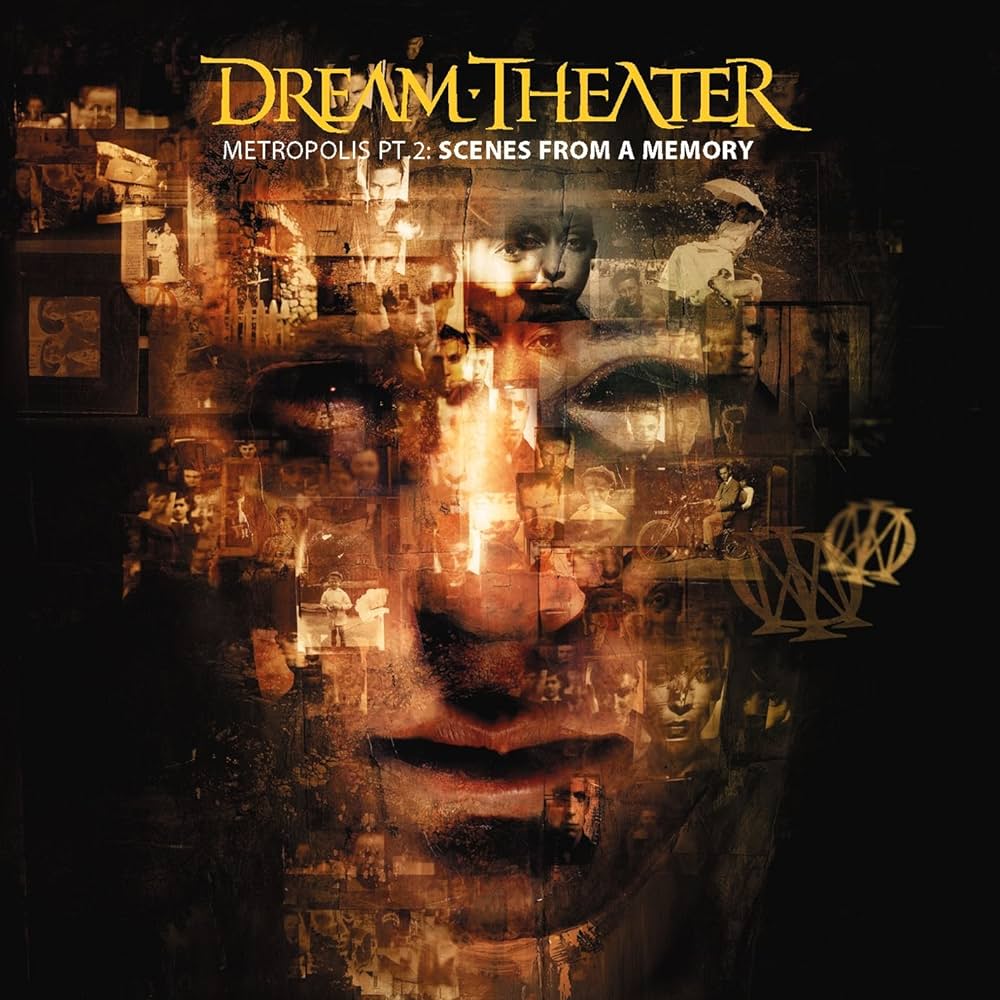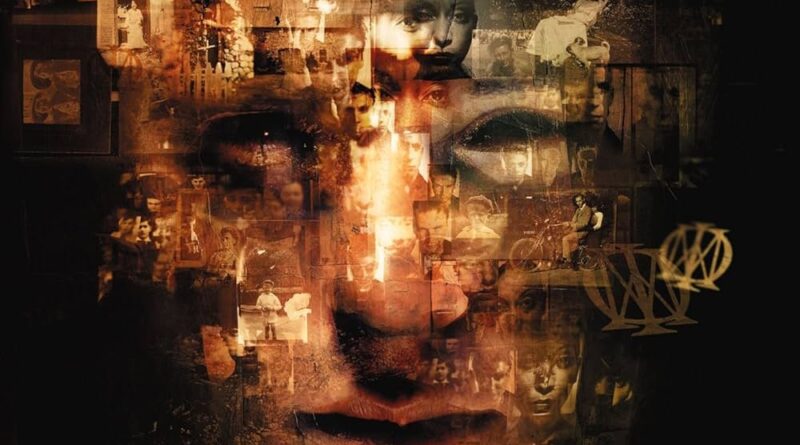HEAVY MUSIC HISTORY: Metropolis Pt. 2: Scenes From A Memory – Dream Theater
The inspiration for Metropolis Pt. 2: Scenes From A Memory had been seeded seven years earlier. The DREAM THEATER breakout release Images And Words, the first with James LaBrie on vocals and led by unexpected radio hit Pull Me Under, also featured the enigmatically named Metropolis Pt. 1: The Miracle and The Sleeper. The ten-minute prog suite quickly became a fan favourite, and that Pt. 1 prefix, not a statement of intent for a sequel so much as a knowing irony of prog music tropes, led to an active fanbase on 90s mailing lists anticipating its follow-up.
DREAM THEATER were receptive to this fan feedback (see also: the release of A Change Of Seasons as a 57-minute EP in 1995), and in the writing sessions for Falling Into Infinity wrote and recorded a 21-minute instrumental demo, Metropolis Pt. 2. The song was dropped, a victim of that record’s painful gestation at the hands of record label interference and a push towards a more commercial sound. The idea remained and evolved from the collection of riffs and motifs in that demo into a plan for a full-fledged album follow-up.
There are no half-measures on Metropolis Pt. 2: Scenes From A Memory. DREAM THEATER embraced all the key tropes of kitchen-sink progressive music, taking the original’s themes and evolving it into a concept album. In the best traditions of concept albums, the story is faintly ridiculous but compellingly simple. LaBrie voices the protagonist, Nicholas, attempting to unpack the mystery of the murder of a woman, Victoria, in his house years earlier, whom he embodied in a previous life. A hypnotherapist takes him through regression therapy to explore those past-life memories, transporting the listener into the deadly love triangle between Victoria and two brothers (the Miracle and the Sleeper).
The narrative is remarkably consistent and immersive from jump. The album begins with the narration of the hypnotherapist before launching into Scene Two: 1. Overture 1928. The title is fitting – a big Broadway opener feel manifest as prog-metal, all vast sweeping strings and suspended chords amidst the trademark Mike Portnoy drum fills and John Petrucci riffs. Transitioning into Scene Two: 2. Strange Deja Vu, LaBrie sets the scene, changing both the musical feel and his vocal character as he switches between the perspectives of Nicholas and Victoria. There are nice touches and callbacks to Metropolis Pt. 1 throughout, but this is its own grander piece.
Concept album stories may be a hit-and-miss affair, but credit is due to DREAM THEATER‘s approach to the dichotomy of the two settings. The songs taking place in the present day are all harmonically straightforward, major-key, often adorned with acoustic guitar textures and the guest vocals of Theresa Thomason on the likes of Scene Five: Through Her Eyes. The flashbacks and regression therapy sessions switch us into the heavy, the macabre – minor keys, odd time signatures, and additional discordant instrumentation, especially on the frenetic Scene Four: Beyond This Life, driven by a twisting John Myung bass line in 5/4. There’s plenty of space in both cases to put aside the story and just revel in the musicianship. Scene Three: 2. Fatal Tragedy closes out with thrilling solo breaks for Petrucci and keyboardist Jordan Rudess, all rapid-fire chromaticism and hell-for-leather Portnoy drumming.
Metropolis Pt. 2: Scenes From A Memory is the first album to feature Rudess on keyboards. The band attempted to recruit him to replace Kevin Moore after his departure in 1994 but missed out, calling on Derek Sherinian instead. Rudess‘ availability prompted Sherinian‘s dismissal, and the band’s most popular (and current, since Portnoy‘s return last year) line-up was born. Rudess announces his signature style on this album – delightful vaudeville piano breaks on the aforementioned Beyond This Life, and a scene-stealing solo on Scene Six: Home.
That track is the centrepiece of the album – a glorious 13 minutes of prog-metal wizardry and sheer riffage. The song switches between the perspectives of The Sleeper – symbolised by Phrygian sitar and wah-pedal textures, struggling with crippling addiction – and The Miracle, his Senator brother marked by a raspier LaBrie vocal, engaged in an affair with The Sleeper’s wife Victoria behind his back. It’s one of the most thrilling and heavy DREAM THEATER discography cuts to that date.
This album also provides DREAM THEATER‘s most majestic ballad. Scene Eight: The Spirit Carries On is a tour-de-force of slow-build cheesy piano and acoustic guitar that would make JOURNEY proud. Its recognisable refrain of life beyond death is slightly out of place in the concept album ordering but rises above the rest of the material as a standalone piece. The Petrucci solo is soulful, melodic, technical; breaking out into a vast choir and background vocalisations, evoking PINK FLOYD‘s Dark Side Of The Moon.
The story resolves in Scene Nine: Finally Free, switching perspectives between Victoria, The Sleeper and The Miracle with a recontextualised chorus each time, as we learn the truth of her tragic demise and the foreshadowed twist of Nicholas’ fate told in coda. It’s an epic end to a vast rock opera – all of the virtuosic skill of one of the greatest prog-metal bands deployed in service of an overarching story, becoming greater than the sum of its parts and genesis. Its legacy continues with various Best Album awards, anniversary tours, and an upcoming novelisation. DREAM THEATER have gone from strength to strength since, doubling down on heavier riffs and evolving with the years, but this remains among their crowning glories.

Metropolis Pt. 2: Scenes From A Memory was originally released on October 26th, 1999 via Elektra.
Like DREAM THEATER on Facebook.

